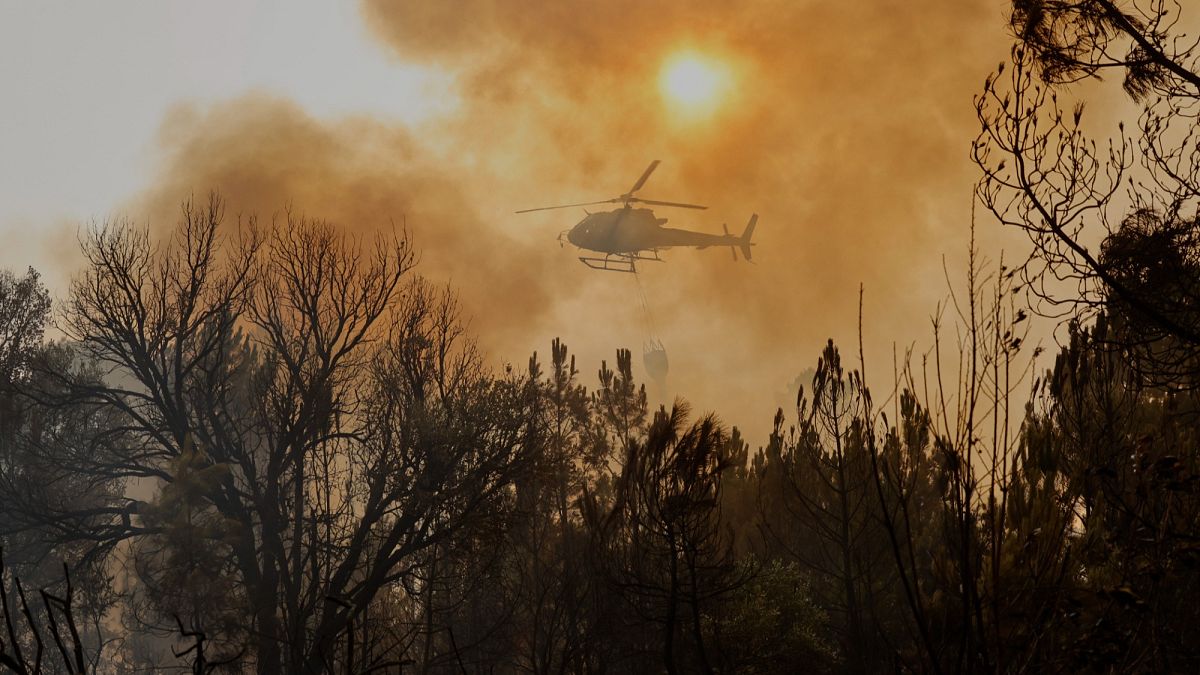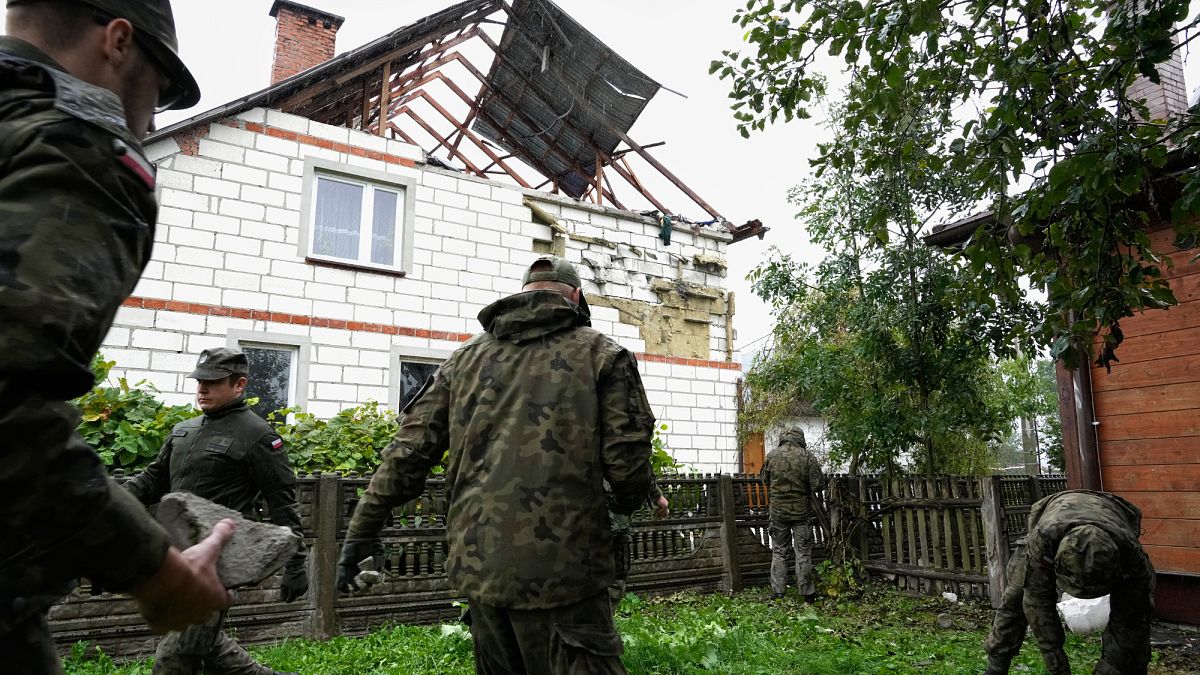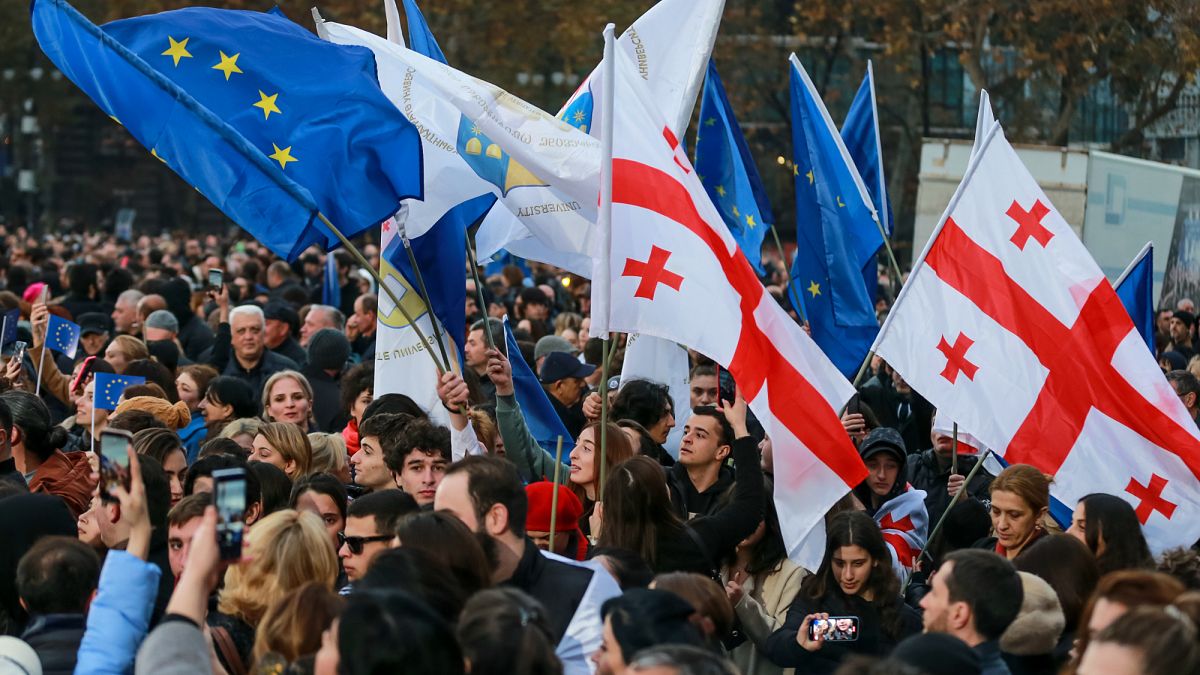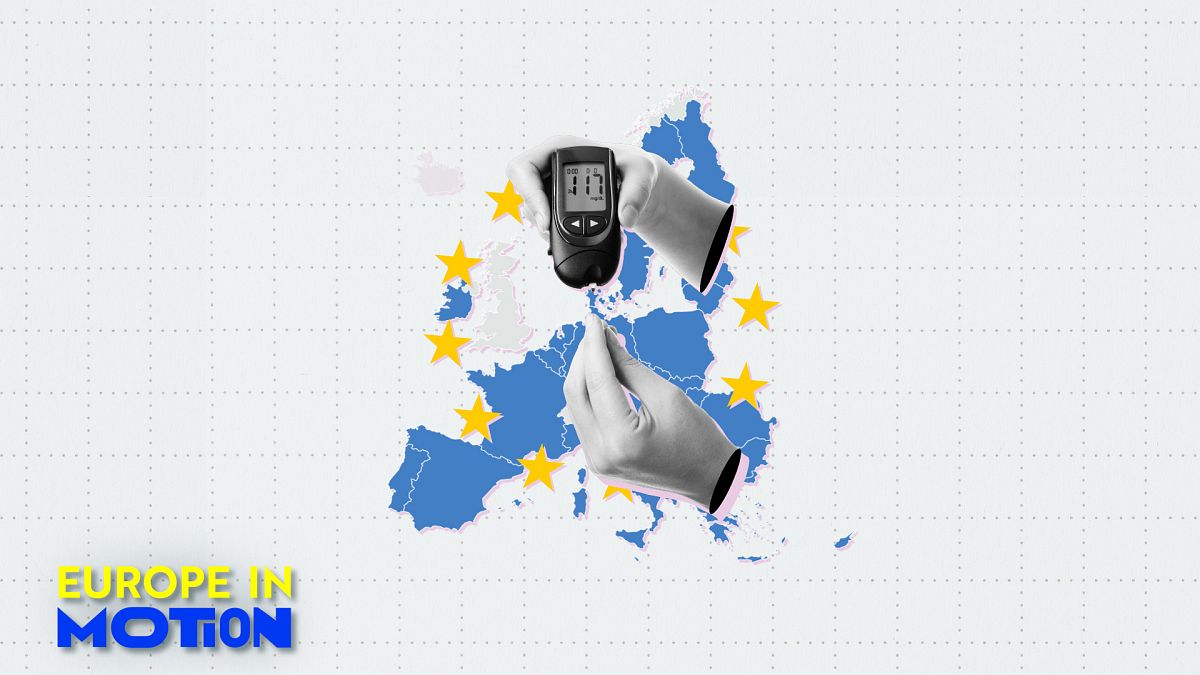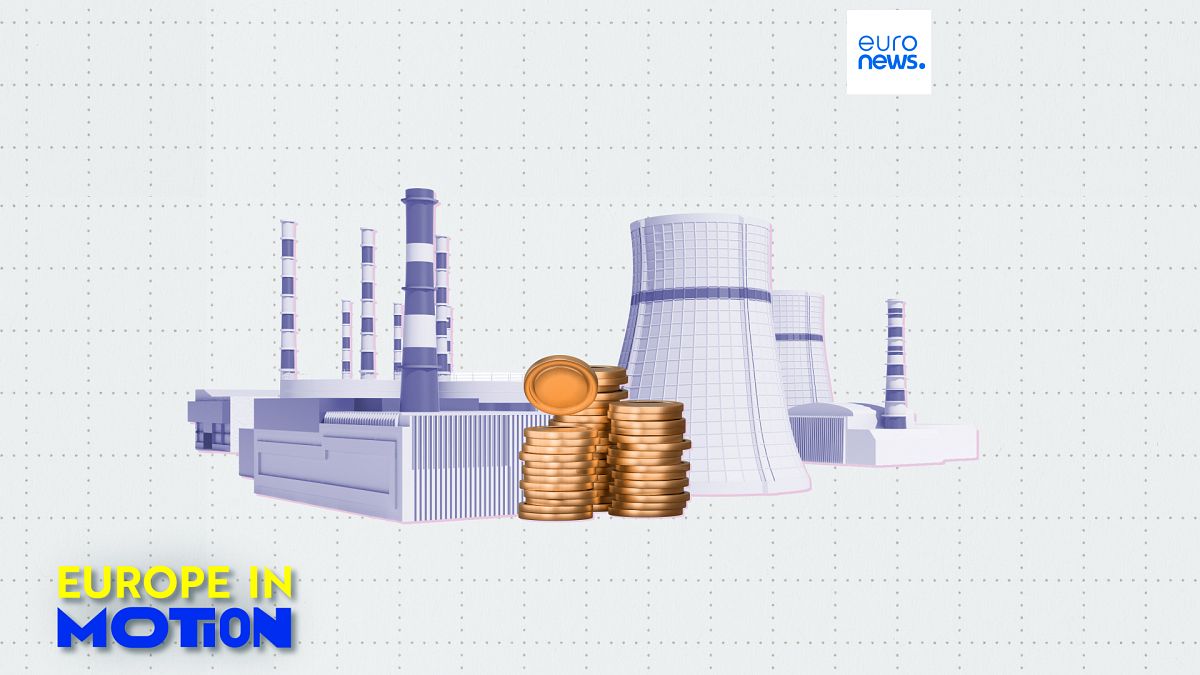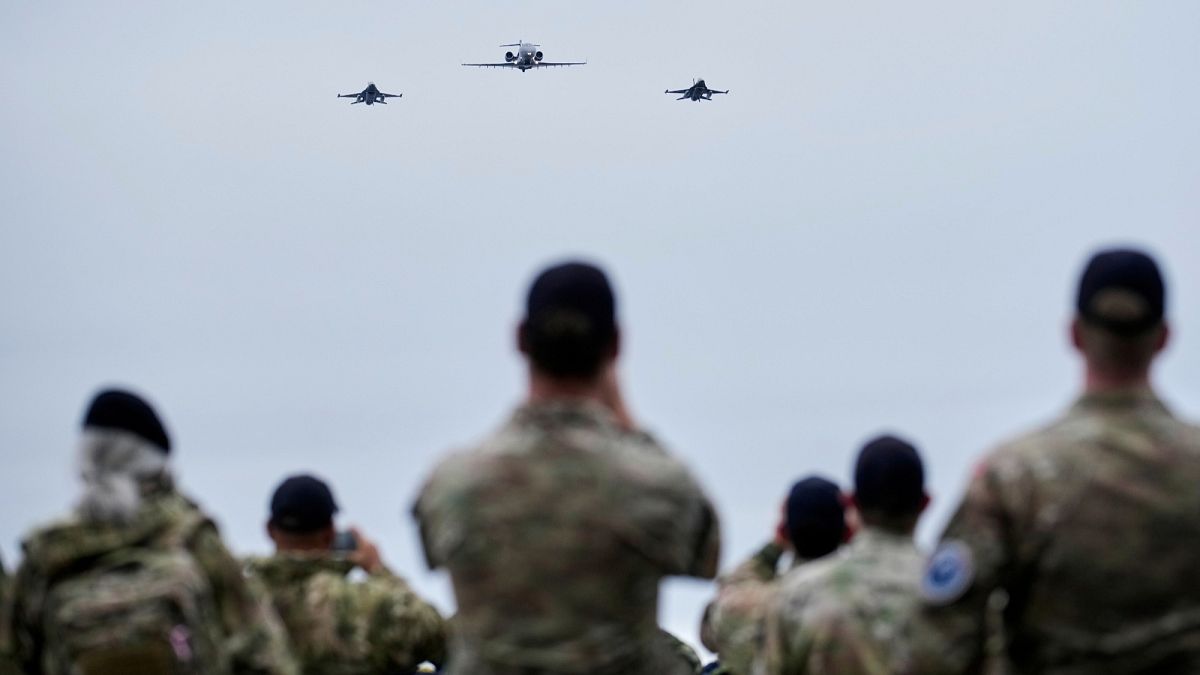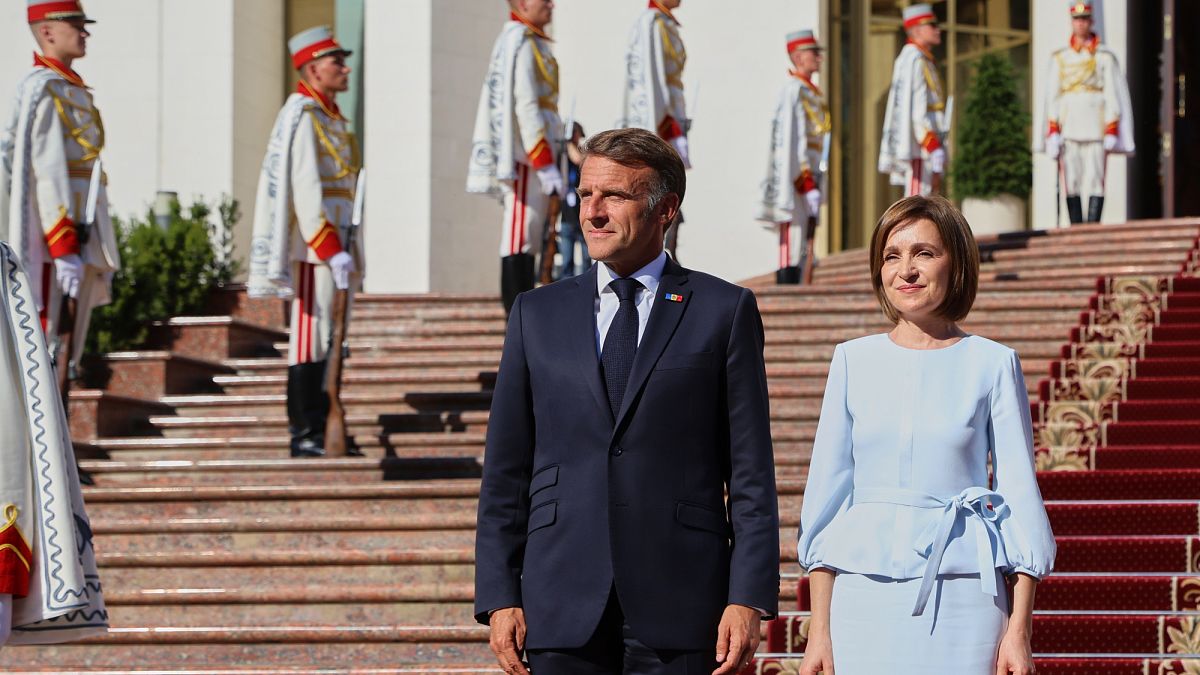Published on
ADVERTISEMENT
The number of requests for European solidarity to help tackle wildfires this week reached the same tally as for the entire 2024 fire season, the European Commission announced on Thursday.
“Overall, the mechanism has been activated 16 times during the current season and we are in mid-August,” European Commission spokesperson Eva Hrncirova told reporters on Thursday. “This is already equal to the total amount of activations during the whole summer season last year.”
Spain became the latest country on Wednesday to turn to the mechanism, making its first-ever request for European solidarity against wildfires.
At least three people have died in Spain, including a volunteer firefighter, as wildfires sweep through the north-western Léon province.
Two planes from the rescEU strategic reserve, currently stationed in France, were expected to be deployed to Spain on Thursday.
Bulgaria, Montenegro, Albania and Greece also asked for assistance this week.
Spain and Greece, which are traditionally heavily affected by wildfires, are among the EU member states that have had foreign firefighters pre-positioned on their soil since July.
A total of 650 firefighters from 14 European countries were pre-deployed in high-risk areas – the highest number since the scheme was launched in 2022 – with France and Portugal also welcoming foreign teams.
Among the other European countries that have activated the mechanism specifically for wildfires this year are Cyprus, Bosnia and Herzegovina, and North Macedonia. Israel and Syria have also requested assistance.
The way it works is that a country needing assistance tells the EU’s Emergency Response Coordination Centre (ERCC) what they need and other states that are part of the mechanism can then individually contribute by volunteering equipment and manpower. The EU’s Civil Protection mechanism then coordinates the deployment of the various contributions and foots the bill.
France, which battled its largest wildires in decade earlier this month in the southern coastal département of Aude, did not ask for further European assistance.
“It’s a decision of the member state to ask for assistance or not. Big countries usually have big capacities and they have increased their capacities in the past due to the effect of the global warming and more often wildfires,” European Commission spokesperson Hrncirova explained on Thursday.
“You can see that very often it’s useful for smaller countries. We often have requests from Western Balkans, Albania, Montenegro. Macedonia. So for these countries, the assistance can be really crucial,” she added.
More than 511,000 hectares had been turned to ashes across the EU by 12 August according to the European Forest Fire Information System (EFFIS), more than double the average tallied at the same time over the 2006-2024 period.
The number of fires observed since the beginning of the year has reached over 1,600, a jump from the average of 717 seen by the same date over the past 20 years.



